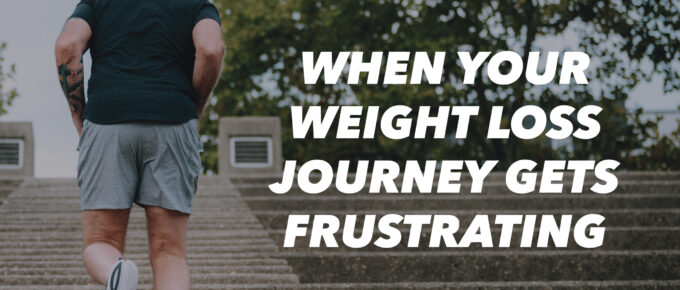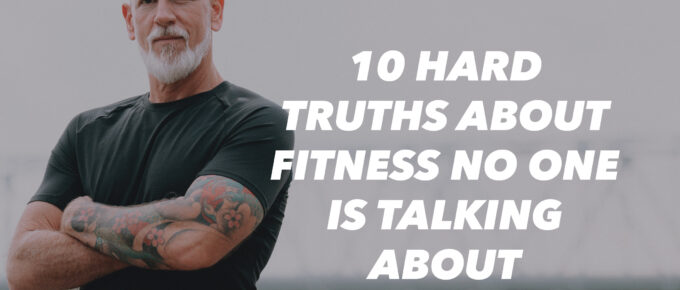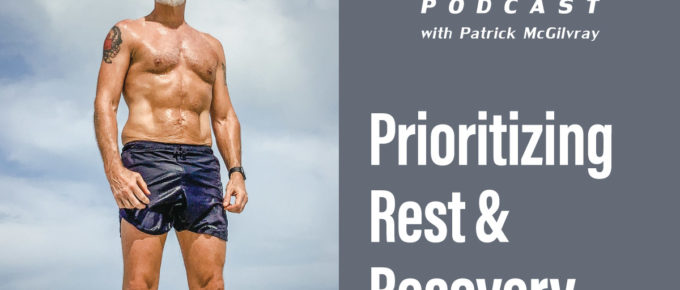Hitting a plateau or a stall in your weight loss journey is inevitable. It will happen. The problem isn’t that you hit a plateau, the problem is how you deal with it. Most people hit a stall and …
Continue Reading about 272. Breaking Through Weight Loss Plateaus →





